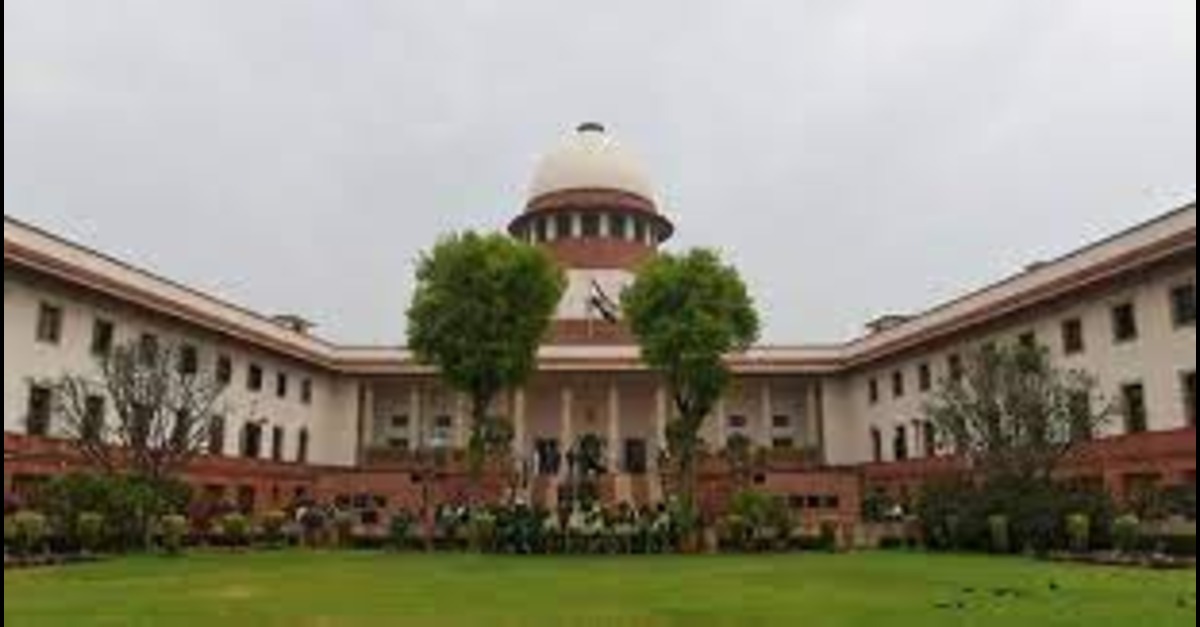Case Name: Competition Commission of India v. Schott Glass India Pvt. Ltd. & Anr.
Case Number: Civil Appeal No. 5843 of 2014 etc.
Date of Judgment: 10 May 2025
Quorum: Justice Vikram Nath
FACTUAL BACKGROUND
Kapoor Glass (a converter company) gave information to the Competition Commission of India (CCI) that Schott India was misusing its power in the glass tubing market. Schott India was giving discounts only to some customers, setting unfair terms, and sometimes refused to sell to some buyers.
CCI agreed and fined Schott India Rs. 5.66 crore and said stop these unfair practices. But Schott India appealed to COMPAT (Appellate Tribunal), which cancelled the penalty and said no real abuse of power was shown. Kapoor Glass also appealed for wider relief but COMPAT rejected their appeal too.Now CCI and Kapoor Glass both challenged COMPAT’s decision in the Supreme Court.
ISSUES FOR DETERMINATION
- Was Schott India using unfair or discriminatory pricing?
- Did Schott India’s discount plans stop other companies from competing?
- Was there margin squeeze by helping its own JV partner Schott Kaisha?
- Was Schott India forcing buyers to take two types of tubes together (tying)?
- Was there any real harm to the market?
- Was it unfair that witnesses were not allowed to be cross-examined?
LEGAL PROVISIONS
-
- Section 4 of the Competition Act, 2002 – abuse of dominant position
- Related case laws:
- Excel Crop Care
- Steel Authority of India
- Intel v. EU Commission
- Rajasthan Cylinders
APPELLANTS’ CONTENTIONS (CCI & Kapoor Glass)
- Schott India was dominant and misused it.
- Gave discounts only to Schott Kaisha, making others weak.
- Forced people to buy both clear and amber glass together to get discount.
- Didn’t supply to those who bought from rivals.
- The long-term agreement gave unfair advantage to one buyer.
- Said “mixing risk” (using Chinese glass) was just an excuse to stop competition.
- Even if witnesses not cross-examined, documents were enough proof.
RESPONDENT’S CONTENTIONS (Schott India)
- Discount plan was same for all – bigger buyers got more discount, that’s normal.
- Schott Kaisha was separate company; they got deal for bulk purchase.
- No one was forced to buy both types of tubes.
- All buyers knew terms in advance.
- Other companies were growing too, so there was no harm.
- Not fair that CCI used statements of witnesses without cross-examining them.
ANALYSIS
The Supreme Court checked all facts and documents. It said:
- Discount slabs were same for everyone, only based on how much was bought. This is not unfair.
- The “functional rebate” was optional – only for those who wanted to use Schott brand and follow safety steps. That’s okay.
- Schott India did not sell finished products, only raw tubes. So no “margin squeeze”.
- No evidence that anyone was forced to buy both clear and amber tubes.
- No proof that market was harmed – other companies were growing, prices stayed stable.
- Just showing dominance is not enough – must show real market harm.
- CCI didn’t allow witness cross-examination, which is a serious issue. Justice must be fair.
JUDGMENT
Supreme Court agreed with COMPAT. Said:
- Schott India did not misuse dominance.
- Discount plans were based on fair business logic.
- No anti-competitive harm shown.
- CCI’s process was flawed.
- Appeals by CCI and Kapoor Glass are dismissed.
CONCLUSION
This case teaches:
- Being powerful in market is not illegal – misusing that power is.
- Discounts based on how much is bought are fine if rules are same for all.
- Real harm to market or customers must be shown, not just claims.
- Procedures like cross-examining witnesses are very important in law.
- Fairness and effect-based judgment are needed under Competition Law.
Even if a company is big, unless it harms the market or blocks others unfairly, it cannot be punished just for growing or giving volume discounts.
“PRIME LEGAL is a full-service law firm that has won a National Award and has more than 20 years of experience in an array of sectors and practice areas. Prime legal falls into the category of best law firm, best lawyer, best family lawyer, best divorce lawyer, best divorce law firm, best criminal lawyer, best criminal law firm, best consumer lawyer, best civil lawyer.”
WRITTEN BY PRIYANKA DESHIKAN.


